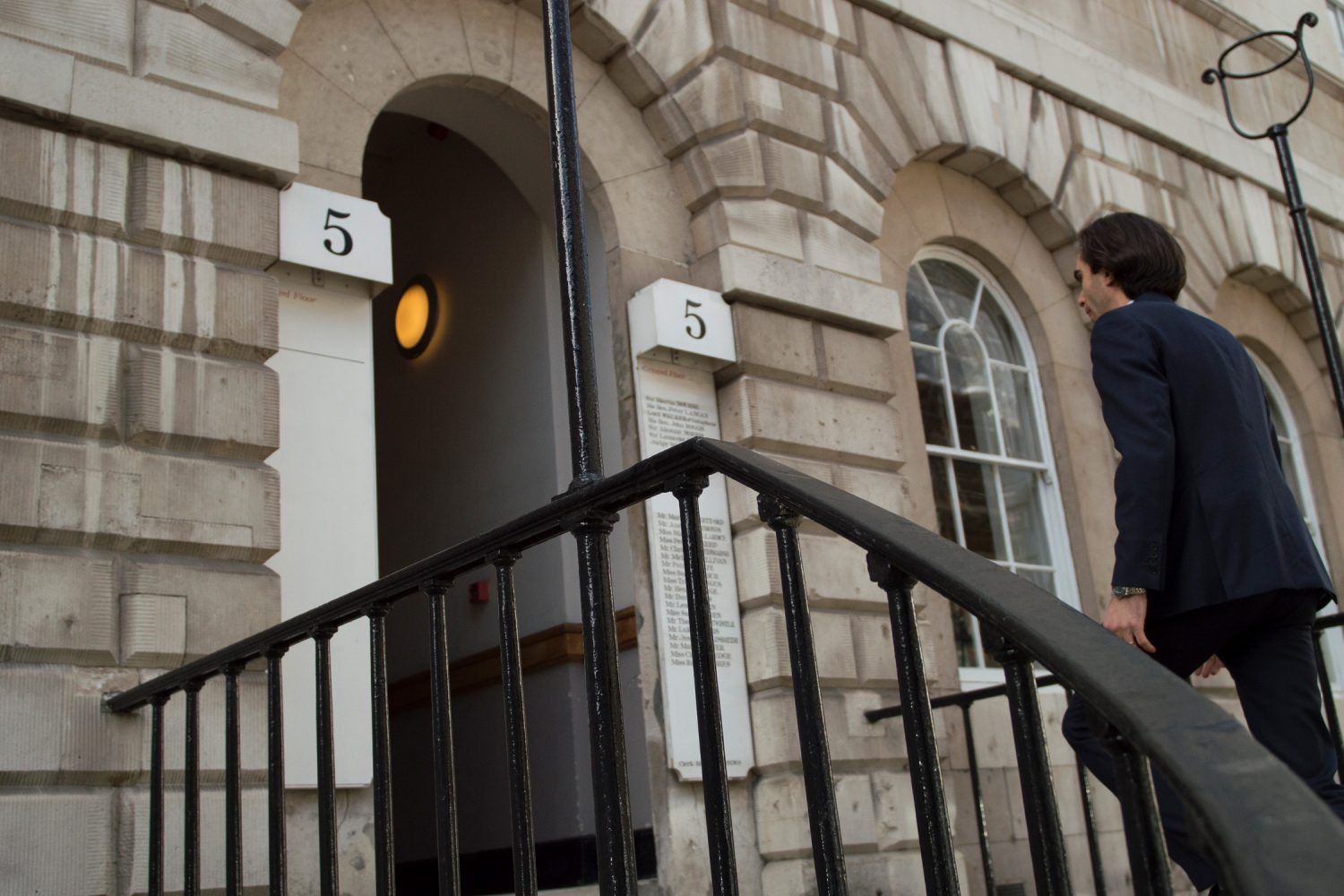David Rees QC appears in case where Court of Protection authorises DNA testing of incapacitated individual
Mr Justice Hayden, the Vice-President of the Court has handed down judgment in the case of Bagguley v E [2019] EWCOP 49. This was an application brought by a property and affairs deputy for authority to undertake DNA testing of an elderly man with dementia (“E”) to establish if he was the father of three individuals. Previous tests had been undertaken by E at a time when he had had capacity and these suggested that he was indeed the father of the three individuals concerned. However later tests had cast some doubt on these results and the deputy considered that it would be in E’s best interests for further testing to be done so as to establish the position with as much certainty as possible.
The application was originally made ex parte and on an urgent basis on the footing that E did not have long to live. The judge was concerned that the evidence presented to the court was insufficient and did not properly address the issue of urgency. He was also concerned as to the precise jurisdictional basis upon which the court was being asked to act. He accordingly invited the Official Solicitor to act as E’s litigation friend and she instructed David Rees QC to appear on E’s behalf at the adjourned hearing.
The judgment identifies a number of important points regarding the jurisdiction of the Court of Protection.
- The Court of Protection has jurisdiction to consent to DNA testing on behalf of an incapacitated adult under sections 15 and 16 Mental Capacity Act 2005 (“MCA 2005”). The judge declined to follow an earlier authority (LG v DK [2011] EWHC 2453 (COP)) which had suggested that the Court of Protection’s jurisdiction to authorise such testing could only arise under section 20 of the Family Law Reform Act 1969.
- The judge emphasised the flexibility and width of the Court of Protection’s jurisdiction to make decisions on P’s behalf under s16 MCA 2005, making reference to other recent authority on this point such as N v A CCG [2017] UKSC 22.
- The judge accepted the arguments put forward by David Rees QC on behalf of the Official Solicitor that a decision under section 16 MCA 2005 on E’s behalf to consent to the DNA testing would take effect as “appropriate consent” and “qualifying consent” for the purposes of the Human Tissue Act 2004, meaning that it would remain lawful to carry out the tests even if E died before they could be completed.
- The judge also made clear that where an application is brought before the Court of Protection, on what is said to be an urgent basis, evidence of urgency must be presented that is both clear and cogent. This should be regarded as a professional obligation on all the professionals involved but most particularly on the lawyers who bring the application.
In granting the application to provide E’s consent to the proposed DNA testing, the judge carried out a wide-ranging survey of authorities under the Court of Protection’s “best interests” jurisdiction, having regard to cases involving statutory wills such as Re P(Statutory Will) [2009] EWHC 163 (Ch) which emphasised the importance of being remembered post-death for having done “the right thing” and the decision in Home Secretary v Skripal [2018] EWCOP 6 which authorised the taking of blood samples from victims of the Salisbury novichok attack for non-therapeutic reasons. In reaching his conclusion, the judge took into account the fact that E had been willing to undergo DNA analysis in the past as a relevant expression of past wishes. He did however cast doubt on a suggestion that had been made by Sir Nicholas Wall P in LG v DK that the ascertainment of the truth would usually be in an incapacitated person’s best interests. Hayden J took the view that it was not difficult to imagine circumstances where the capacitous might elect to take their secrets to the grave, and that the incapacitous should be afforded no lesser opportunity.
You can find a copy of the judgment here


